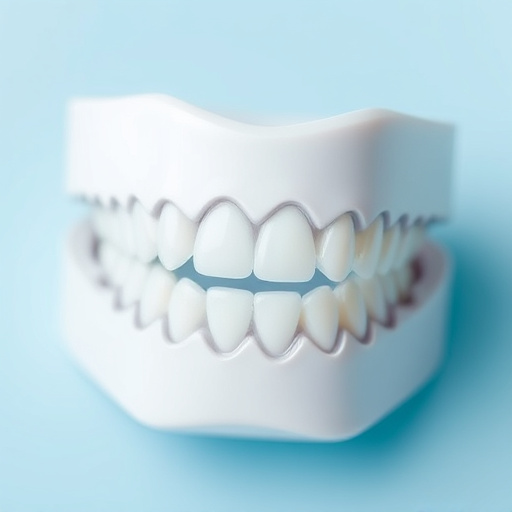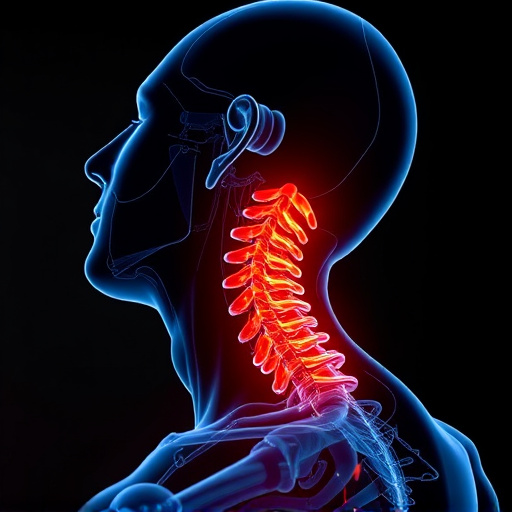Sports injury treatment requires a holistic approach integrating mental health support into rehab for athletes experiencing anxiety, depression, or PTSD post-injury. This includes cognitive-behavioral therapy paired with physical rehabilitation for conditions like whiplash. Empathy from loved ones and open communication significantly influence mental recovery, complementing medical aspects through accessible services that address both physical and emotional well-being. Integrating therapy into treatment plans combines traditional care with emotional support to enhance overall health, build resilience, and improve recovery rates.
Mental health support is an integral aspect of the sports injury treatment process, often overlooked but equally vital. This article explores the intersection of sports injuries and mental health, emphasizing the importance of empathy and support during recovery. We delve into strategies for integrating therapy into sports injury treatment plans, ensuring athletes receive comprehensive care that addresses both physical and psychological well-being. Understanding these factors is crucial for optimal healing and a successful return to sport.
- Understanding the Intersection of Sports Injuries and Mental Health
- Providing Empathy and Support During Recovery
- Integrating Therapy into Sports Injury Treatment Plans
Understanding the Intersection of Sports Injuries and Mental Health

Sports injuries can have a profound impact on an individual’s mental health, often creating a complex interplay between physical and emotional well-being. The process of sports injury treatment involves more than just addressing the visible wounds; it demands a holistic approach that recognizes the deep connection between the mind and body. Many athletes struggle with feelings of anxiety, depression, or even post-traumatic stress following an injury, especially if it impacts their ability to compete at the level they once did.
Understanding this intersection is crucial for providing comprehensive care during sports injury treatment. The mental health aspects should be integrated into the rehab services and post-injury care plans, focusing on strategies to manage pain, fear, and frustration. For instance, whiplash treatment, a common concern in sports injuries, can benefit from cognitive-behavioral therapy alongside physical rehabilitation to address both the physical symptoms and psychological impacts effectively.
Providing Empathy and Support During Recovery

During the challenging journey of sports injury treatment, empathy and support from loved ones can significantly impact an athlete’s mental health recovery. This process often involves dealing with physical pain, frustration, and a loss of identity tied to their sport. Showing understanding and compassion helps alleviate these emotions. Actively listening to their concerns, validating their feelings, and offering reassurance can foster a sense of comfort and security.
Encouraging open communication allows individuals to express their fears and hopes without judgment. This support system plays a vital role in their overall well-being, especially when facing daunting tasks like physical therapy sessions or dealing with persistent symptoms such as headache relief. It complements the medical aspects of sports injury treatment, ensuring a holistic approach that addresses both physical and mental health through accessible rehab services.
Integrating Therapy into Sports Injury Treatment Plans

Integrating therapy into sports injury treatment plans is a holistic approach that recognizes the interconnectedness of physical and mental well-being. Athletes often face significant psychological challenges when dealing with injuries, including stress, anxiety, and depression, which can impede their recovery process. Incorporating therapeutic interventions, such as counseling or cognitive behavioral therapy, alongside traditional sports injury treatment facilitates comprehensive healing. This method addresses not only the physical aspects of the injury but also the emotional toll that athletic setbacks can bring.
By integrating therapy into sports injury treatment, healthcare professionals aim to enhance athletes’ overall well-being, improve their mental resilience, and promote faster recovery rates. Therapeutic exercises tailored to individual needs can focus on mobility improvement and back pain relief, while also targeting psychological barriers. This multifaceted approach ensures that athletes receive the full spectrum of support necessary for both bodily healing and mental fortitude during their journey back to peak physical condition.
Sports injury treatment isn’t just physical; it’s crucial to address the mental health aspects of athletes’ recovery. By integrating empathy, support, and therapy throughout the process, we can foster a holistic healing environment. Understanding the intersection of sports injuries and mental health is key to helping athletes navigate not just their physical limitations but also their emotional journeys. This comprehensive approach ensures that athletes receive the full spectrum of care needed for a successful return to their sport.













